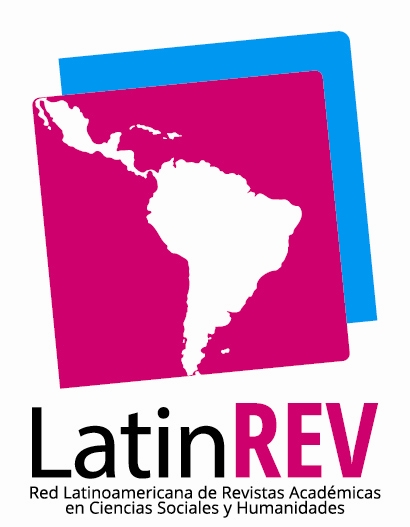Self-transformation in Gaston Bachelard's Pedagogy. Reflections concerning Education at Kindergarden Level
Keywords:
pedagogy, education, obstacles, vigilance, societalAbstract
Gastón Bachelard's philosophy is of deep originality, it can be said that with him the subject, who had been expelled from the field of epistemology, gets back inside. It attempts to depict the dialectical constitution of the subject and his objects of scientific knowledge in the educational practices of Initial Level. This leads Bachelard to the delineation of a pedagogy that enables subjects to become active, critical, autonomous and creative in the constant unfolding of education and formation. The subject of knowledge is formed therefore, between two poles: the one that corresponds to the "teaching rationalism" and the one that corresponds to the "taught rationalism". It is between these poles that the dialectics between obstacles and epistemological acts are at interplay. This "easily pathogenic" relation needs of a "special psychoanalysis", named "epistemological vigilance". In this respect, the "cultural psychoanalysis" that he proposes, aims at depersonalizing this authoritarian super-ego that prevents a subject from reaching his intellectual autonomy. This is the reason why the bachelardian pedagogy is a "pedagogy of against" that invites the subject to go against the lifeless manuals, against parents and teachers, and against society, in short, to go “against oneself”.
Downloads
References
Bachelard, G. (1978). El racionalismo aplicado. Buenos Aires: Paidós.
Bachelard, G. (1985). El compromiso racionalista. México: Siglo XXI.
Bachelard, G. (1989). Epistemología. Barcelona: Anagrama.
Bachelard, G. (1991). La formación del espíritu científico. Buenos Aires: Siglo XXI.
Bourdieu, P. (1994). El oficio de sociólogo. Madrid: Siglo XXI.
Jean, G. (1989). Bachelard, la infancia y la pedagogía. México: FCE.
Downloads
Published
Issue
Section
ARK
License
Copyright (c) 2013 Patricia Gabriela Pérez

This work is licensed under a Creative Commons Attribution 4.0 International License.






